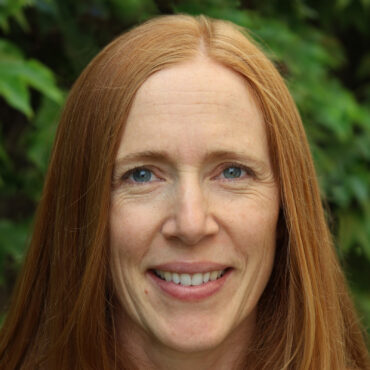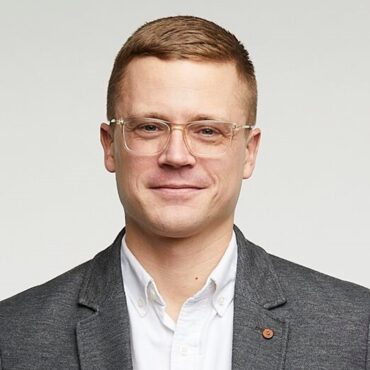Dr. Chris Bataille
Dr. Chris Bataille has been involved in energy and climate policy analysis for 26 years as a researcher, energy systems and economic modeler, analyst, writer, project manager, and managing consultant/partner. His career has been focused on the transition to a globally-sustainable energy system, and recently on technology and policy pathways to net-zero GHG emissions in all sectors by 2050, to meet the Paris Agreement goals.
Dr. Bataille is an Adjunct Research Fellow at the Columbia University Centre for Global Energy Policy (CGEP) and an Associate Researcher at the Institute for Sustainable Development and International Relations in Paris. He was a Lead Author for the Industry Chapter of the 6th cycle of the IPCC Assessment Report 2019-2022, as well as the Summary for Policy Makers and Technical Summary. Dr. Bataille currently manages an ongoing global project to review technology and policy options for net-zero decarbonization of heavy industrial sectors, including the global Net Zero Steel project, and also focuses on industrial decarbonization at CGEP.







